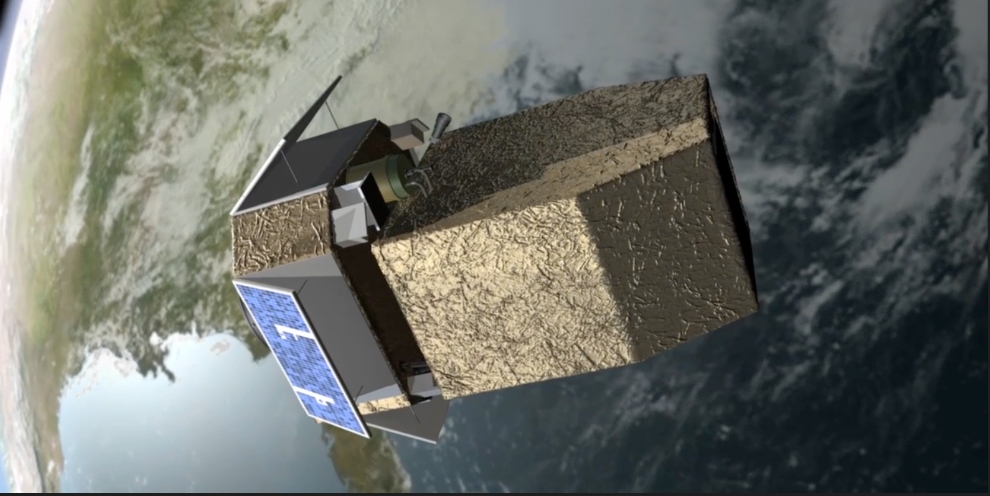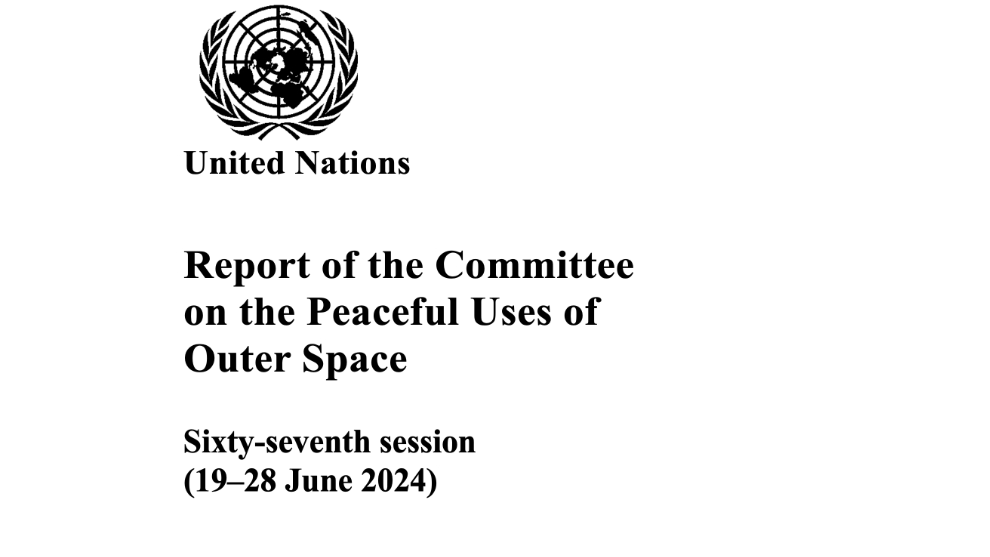The proposed Canadian led Cosmological Advanced Survey Telescope for Optical and uv Research, commonly referred to by its acronym CASTOR, while not in limbo, is in need of some timely attention by decision makers in government. This according to a recent update from the Canadian Astronomical Society (CASCA).
The Phase 0 study by Honeywell was completed in mid-2023. And while aspects of the project are moving forward, in its recent fall update, CASCA stated that “the immediate, urgent need is for a mission-defining Phase A study that would include formal agreements with international partners who await this pivotal next step.”
The proposed CASTOR space telescope would be a “1-meter class space telescope concept on a small satellite platform that would make a unique contribution to astrophysics by providing wide field, high-resolution imaging in the UV and optical spectral region, surpassing any ground-based optical telescope in image sharpness.” According to CASCA it would fill an upcoming “ultraviolet gap” when the Hubble telescopes ends operating.
According to CASCA, “CASTOR is ready — scientifically, technically and programmatically — for a formal request for approval.” They add that, “lobbying by the Coalition (CASCA, ACURA, and Industry) remains underway, with meeting planned for the upcoming parliamentary session. Support from key Universities and a letter from the principal Canadian contractor companies will be part of the push.”
The CASTOR project has also been working to drum up more international partners to participate in the project. Some, such has NASA have been onboard for some time. Earlier this year, the UK Space Agency signed on after signing a memorandum of understanding with the Canadian Space Agency. And more recently discussions on “informal partnership ideas” happened at the annual COSPAR meeting in South Korea with the newly formed Korea AeroSpace Administration (KASA).
The next meeting with Canadian and international partners will happen in November in Victoria. CASCA said the “three-day meeting will focus on a wide range of technology development programs, including optics, coatings detectors, electronics, and data flows.” A CASTOR 2025 mid-term review is planned.
If the project gets the go ahead, it is hoped the space telescope could launch in 2030.



